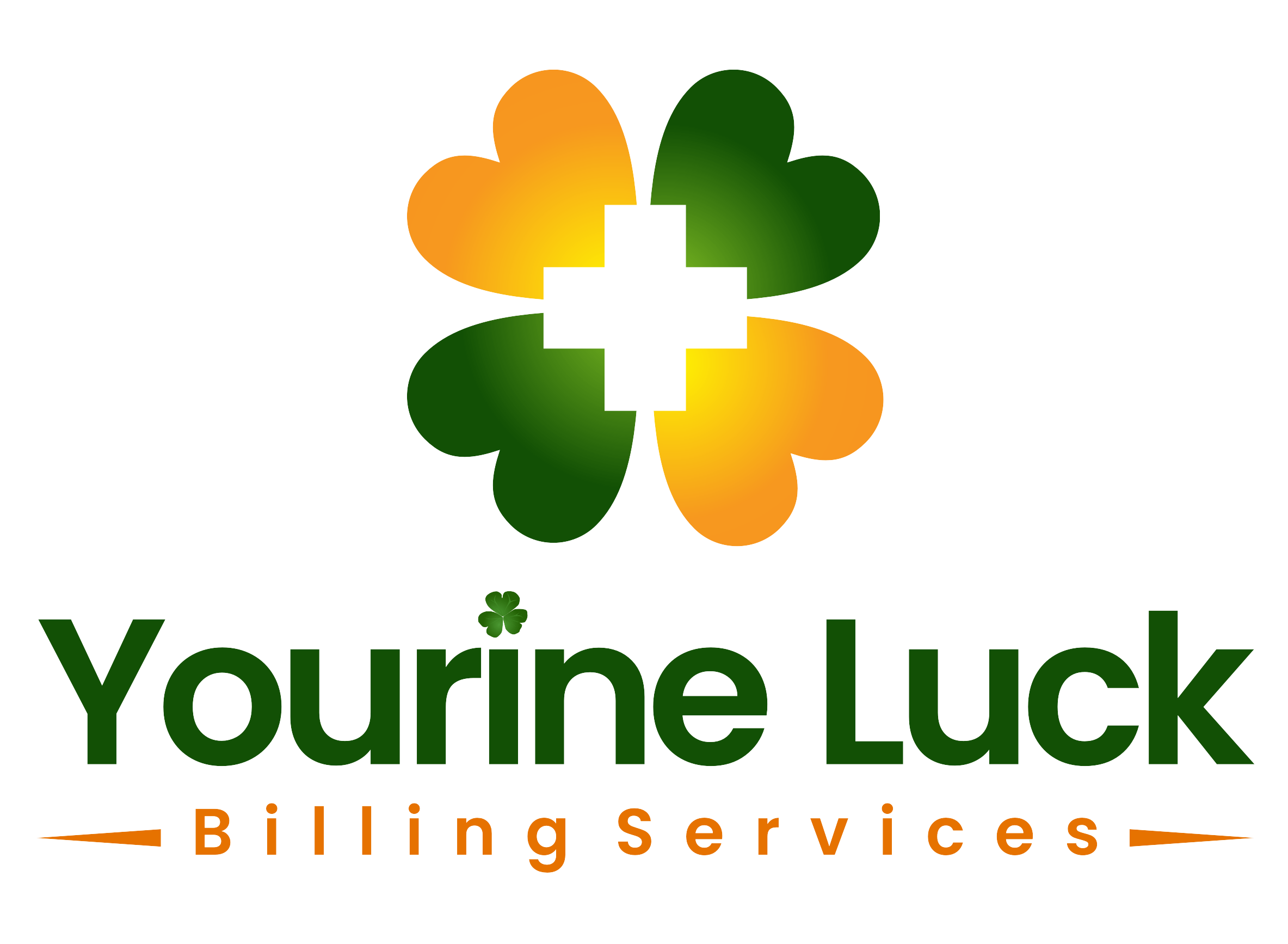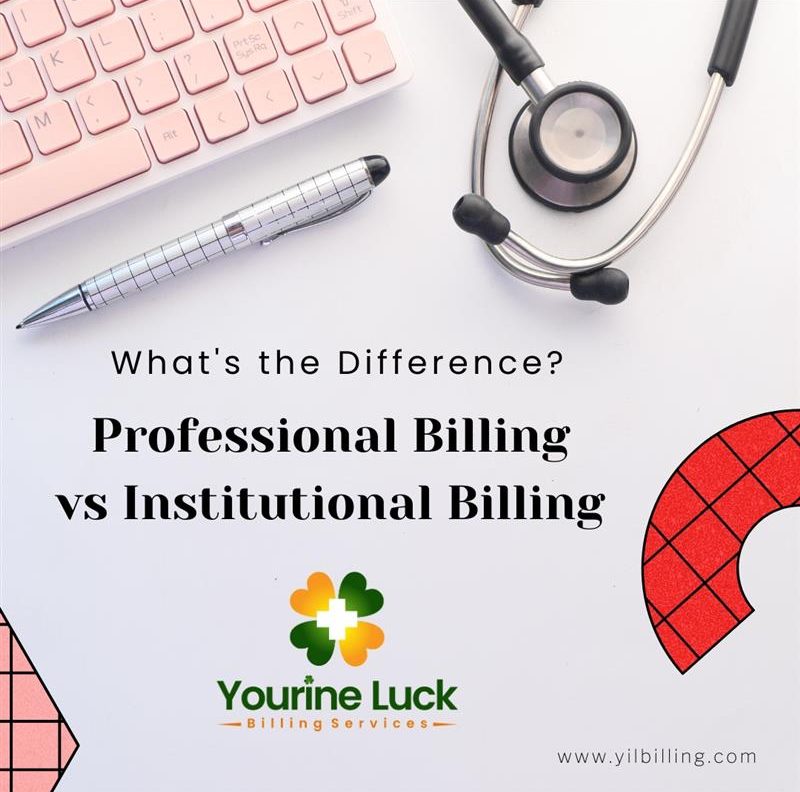Professional Billing vs Institutional Billing: What’s the Difference? In the complex world of healthcare finance, understanding the tones between professional billing and institutional billing is crucial for healthcare providers and patients alike. At Yourine Luck Billing Services, we specialize in navigating these intricacies to ensure accurate and efficient billing processes. Let’s dive into the key differences and explore how each type of billing functions in the healthcare ecosystem.
What is Professional Medical Billing?
Professional medical billing, often referred to as physician billing, is the process of submitting and following up on claims with health insurance companies for services provided by healthcare professionals. This type of billing covers:
- Services extracted by individual physicians
- Outpatient procedures
- Diagnostic tests ordered by doctors
- Consultations and office visits
Professional billing is typically handled by a medical office or a specialized billing service, focusing on the specific services provided by healthcare doctors.
What is Institutional Medical Billing?
Institutional medical billing, also known as hospital billing, incorporates the charges for services provided by healthcare facilities such as hospitals, skilled nursing facilities, and outpatient clinics24. This type of billing includes:
- Inpatient stays
- Emergency room visits
- Use of hospital equipment and facilities
- Nursing services
- Laboratory tests and imaging studies
Institutional billing is more comprehensive, covering not just the healthcare provider’s services but also the facility’s operational costs.
Capabilities of Professional Billing and Institutional Billing
Both professional and institutional billing require specific skills and knowledge:
- Data Management: Billers must handle large amounts of data from various insurance companies to file claims effectively.
- HIPAA Compliance: Access to sensitive patient information necessitates strict adherence to privacy and security standards2.
- System Expertise: Proficiency with billing systems is crucial for efficiency and accuracy.
- Benefits Verification: Understanding insurance coverage is essential to prevent payment delays.
Types of Medical Billing Claims for Institutional and Professional Billing
1. CMS-1500 For Professional Billing
The CMS-1500 form is the standard for professional billing2. Its electronic counterpart, the 837-P, is used for digital claim submissions. This form is designed to capture the specific details of services provided by individual healthcare professionals.
2. UB-04 For Institutional Billing
Institutional billing utilizes the UB-04 form, with its electronic version being the 837-I. This form is more comprehensive, designed to accommodate the complex nature of facility-based services and charges.
How might professional billing and institutional billing be used to increase revenue?
Effective management of both professional and institutional billing can significantly impact a healthcare provider’s revenue:
- Preventing Claim Denials: Accurate medical coding and documentation reduce the likelihood of claim denials, ensuring faster reimbursement.
- Comprehensive Service Capture: Ensuring all provided services are billed prevents revenue leakage.
- Specialization: Professional billers focus on physician services, while institutional billers handle the complexities of facility charges, allowing for expertise in each area.
- Outsourcing Benefits: Many healthcare providers opt to outsource billing services to specialized companies, leveraging their expertise to optimize the billing process and increase revenue.
- Continuous Education: Staying updated on coding changes and insurance policies helps in maximizing reimbursements.
At Yourine Luck Billing Services, we understand the intricacies of both professional and institutional billing. Our team of experts is dedicated to ensuring that healthcare providers receive accurate and timely reimbursements, ultimately contributing to the financial health of medical practices and institutions. By leveraging our specialized knowledge in medical billing, we help our clients navigate the complex landscape of healthcare finance, optimize their revenue cycles, and focus on what matters most – providing quality patient care.


